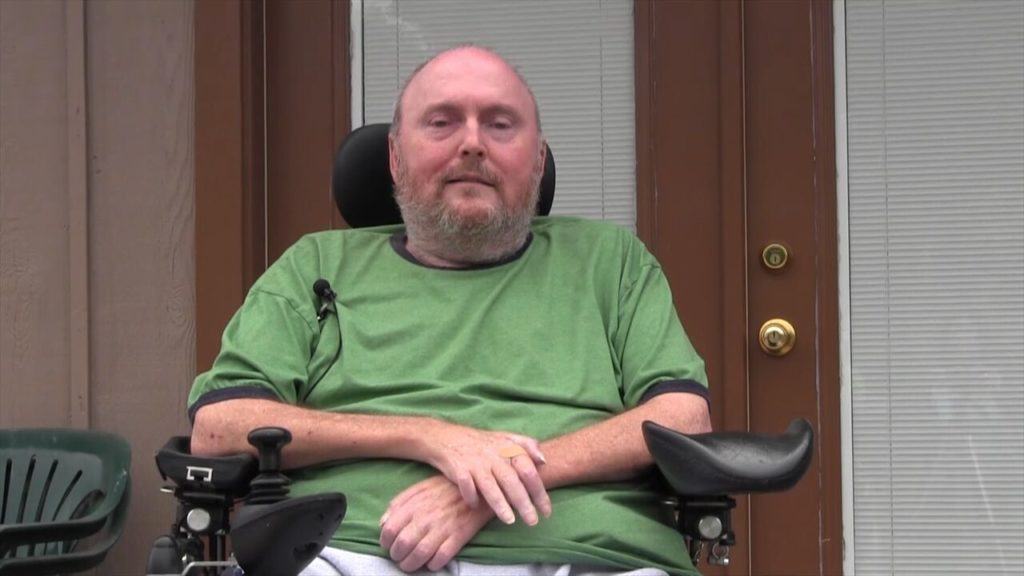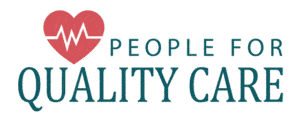 Kelly Turner is the director for People for Quality Care (PFQC), a nonprofit organization that helps seniors and people with disabilities have a voice in advocating for access to home medical equipment (HME), services and supplies and the trusted homecare suppliers who serve them. You can also see this article on HME News as a resource for HME providers who want to help their customers with self-advocacy tools.
Kelly Turner is the director for People for Quality Care (PFQC), a nonprofit organization that helps seniors and people with disabilities have a voice in advocating for access to home medical equipment (HME), services and supplies and the trusted homecare suppliers who serve them. You can also see this article on HME News as a resource for HME providers who want to help their customers with self-advocacy tools.
We Need You! Says People for Quality Care
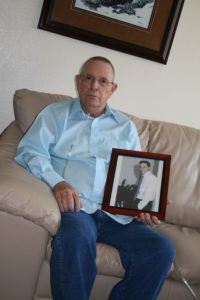
Imagine this: your HME company has closed, is no longer taking Medicare patients, is asking you to pay up front because they no longer “take assignment,” or you’re having fewer product options or are waiting longer for deliveries and service. You’ve called Medicare and/or Medicaid and gotten the runaround.
So, what’s your next step?
You can get in touch with Kelly Turner at People for Quality Care. Kelly has worked in the medical industry for 21 years and understands the challenges Medicare beneficiaries are having in obtaining medically necessary equipment as well as the hardships of trusted homecare companies that are struggling to continue serving Medicare patients under crushing policies, regulations and poor reimbursement.
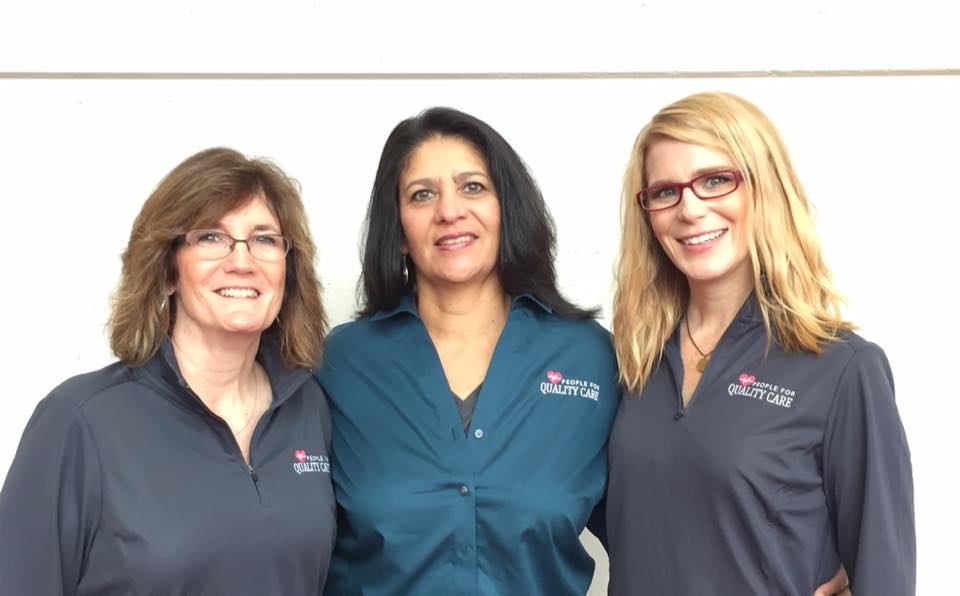
Kelly Turner (middle) with the PFQC team.
Kelly explains, “There’s a large population of people with disabilities and senior citizens, and I’ve never felt right standing on the sidelines and listening to many of the problems that this community has and not doing anything.”
Kelly decided to work with people with disabilities and senior citizens to teach them how to advocate for themselves. Then as a group they could educate policy makers and shapers about issues and ways to improve access to the HME benefit.
The People for Quality Care organization, in existence since 2010, lobbies for rules and regulations to provide better care for seniors and people with disabilities. The group has created a consumer-oriented website to help them better understand many of the problems they may be experiencing due to legislation and regulations being adopted by Medicare.
Why Disability and Senior Advocacy Is Needed
Many medical equipment companies that once have provided services and equipment to people with disabilities have gone out of business because of changing federal Medicare regulations.
Poor policies with inadequate funding for home medical equipment have caused over 40% of these traditional HME/DME companies to go out of business or stop accepting Medicare entirely.
Others have had to significantly change the way they do business, due to the unsustainably low rates Medicare reimburses them.
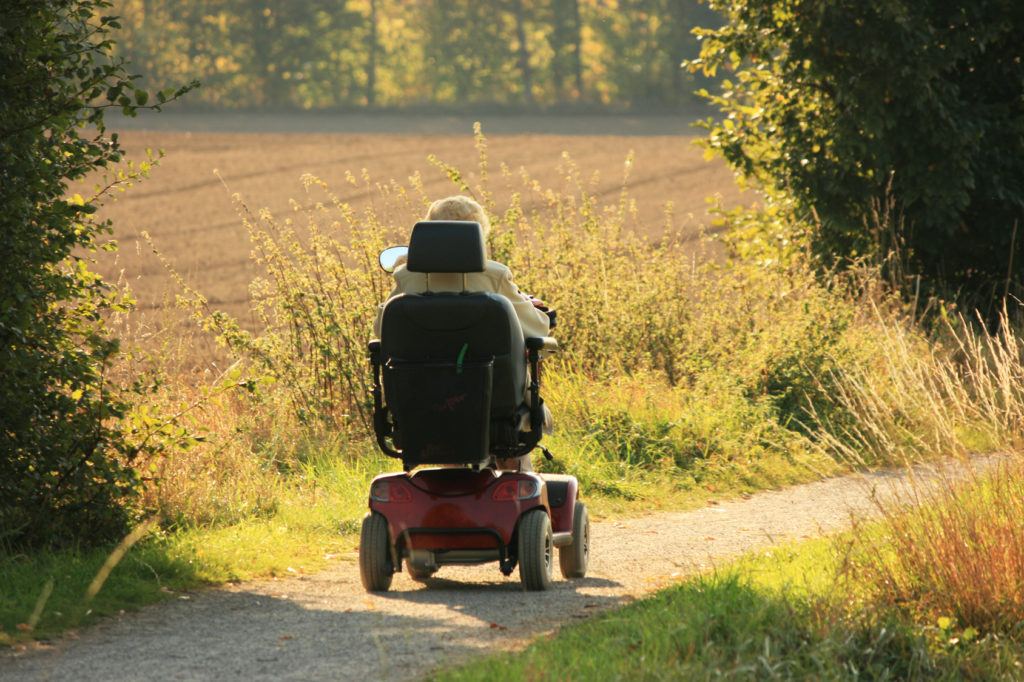
Because of recent changes to Medicare coverage and reimbursement, it’s becoming harder and harder for people who rely on it for their wheelchairs to get the equipment they need, especially in rural areas.
In many cases, these companies can no longer provide the same services and equipment as they did in the past or are having to turn to the individual who needs medical equipment to cover the differences in the cost of the equipment and the low amount that Medicare will pay.
Across the nation, this is causing decreased access for medically necessary equipment and services for people who need them, or forcing the individual to pay out of pocket to get what he or she needs, instead of being able to utilize their Medicare benefit.
As Kelly reports, “Often the individual is directed to call Medicare, and Medicare may provide them with a list of three other providers in the area. However, these providers may say, ‘We don’t provide that equipment/service, or we cannot accept Medicare payment rates and will have to bill this non-assigned.’
With no other recourse, the individual has to go without or spend more of his or her own money, which they may or may not have, to get what they need.”
“Often the person has to make a decision, ‘Am I going to continue to try and find someone to help me, or am I going to give up and not get the service or equipment I was told I would receive from Medicare?’”
The effects of poor Medicare policies are thought to be causing seniors and many people with disabilities to have significant delays in obtaining HME or to go without the needed equipment and services, which can result in:
- increased physician and ER visits and hospital admissions, and
- delayed hospital discharges and premature admission to skilled nursing facilities like nursing homes.
These unintended consequences have a significant impact on overall health care and spending, as homecare is a cost-effective and preferred alternative for most individuals.
How You Can Self-Advocate for your healthcare Using Videos
The viral power of video is staggering. How many videos have you seen on social media that have opened your eyes about people with disabilities?
Lights, Camera, Action! Share Your Own Story
Not sure how to begin? Or what you should say when it comes to talking about your own personal experience?
Don’t worry, you don’t have to be a pro!
Simply use your cell phone to create a quick video that talks about your healthcare concerns and why your friends and family should support you in asking for better access to Medicare benefits for people with disabilities.
Your video doesn’t have to be long. It doesn’t have to be complicated or professionally produced.
It just has to be honest, from your point of view, to capture the hearts and minds of people in your community.
Take a look at this one, for example, filmed on the fly and on-the-go by the Rollettes! The Rollettes is a wheelchair-using dance group of young women from California, and this video shares their experience with United Spinal’s Roll on Capitol Hill.
Rollettes founder Chelsie Hill says, “We were so honored to be apart of such a big movement. We learned so much those few days and really got us excited to have a voice for our community. Hope you enjoy!”
Andrew also shares his own stories on a regular basis about living with paralysis and using a wheelchair. You can see them on his YouTube channel, My ThisAbled Life.
He says, “I’m just someone who experienced a life altering accident in June of 2009 and I want to share the experience of my everyday situations through silly shorts of my daily life as a photographer, film maker, action superhero and a regular Joe. In a chair. Doing stuff.”
People who are rolling just like you are loving what Andrew shares! More than 450,000 people have watched his videos on Youtube, and the number keeps growing every day.
Here’s one Andrew posted recently, discussing “What’s The Hardest Part of Being Paralyzed?”
How to Use People for Quality Care for Help with Your Home Medical Equipment and Supplies

PFQC believes in the power of one. Each person has a voice, and when those voices come together to educate legislators about their problems accessing HME, the wheels start rolling, and change can take place. Kelly says the first step in evoking change is, “To put the individuals having problems with obtaining the proper medical equipment, supplies and services directly in touch with their legislators in Washington.”
PFQC encourages people to reach out to their legislators not only through emails, but also through phone calls, Twitter, Facebook and all the vehicles available to them to let those they’ve elected know the problems they’re having receiving the products and services that Medicare is supposed to be providing for beneficiaries.
“Our key initiative at PFQC is to make sure that beneficiaries who aren’t having access to home medical equipment and services get connected to their legislators,” Kelly reports.
“They can explain to those legislators on a personal level what their issues are and ask their legislators to help fight for changes that will protect access to the HME benefit by providing sustainable reimbursement rates and ensuring that there are enough providers to serve the population of Medicare beneficiaries.”
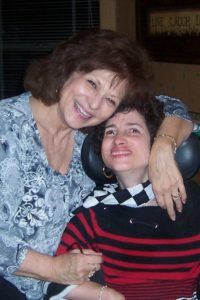
PFQC started a grassroots campaign for seniors and people with disabilities to make their elected officials more aware of the needs of this community.
Legislators determine the importance of legislation not only from what they hear from lobbyists, but more importantly from constituents who have elected them to serve as their representatives – their voices – in Congress.
Constituents have a powerful opportunity to engage those who are elected to serve and represent their districts.
So, if the disability community doesn’t make Congress aware of problems, then the men and women in Washington can’t and won’t address these issues.
HINT, HINT: This is why we’re encouraging you to share your own story online with a personal video!
For far too long, seniors, family caregivers and people with disabilities haven’t known how to or who to talk to for help solving their Medicare/Medicaid problems. Through PFQC, seniors and people with disabilities can carry messages to their legislators about the rules and regulations that are hurting this patient population, instead of helping them.
Legislators and policy makers need to make sure that there is adequate funding for the HME benefit to ensure enough providers are available to serve the community of disabled persons and enable its members to live independently at home, go out into society, find jobs, pay taxes and/or go to school to obtain better educations to find better jobs.
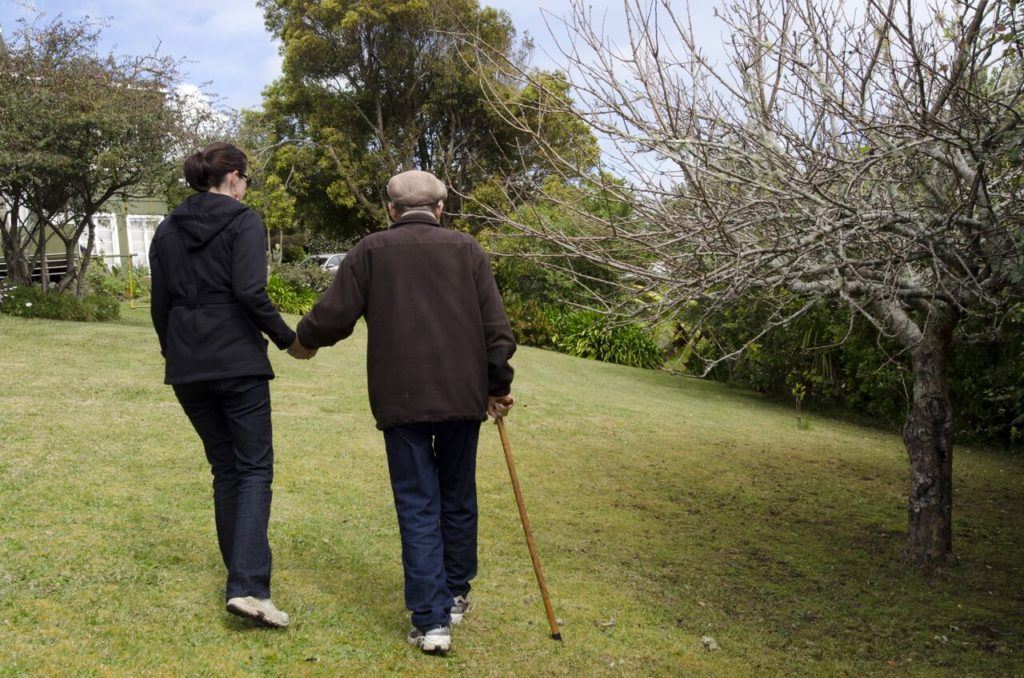
The caregivers of people with disabilities and the people who are being impacted themselves by poor Medicare policies are the best people to contact legislators and let them know of the importance of having more providers and access to quality products, services and supplies.
To learn more about People for Quality Care and opportunities to become engaged in advocating for access to HME from trusted homecare companies, visit www.peopleforqualitycare.org. The website offers information on the current issues affecting Medicare beneficiaries and specific ways that you can take action. If you’re having difficulty obtaining your medically necessary HME, contact the hotline at 1-800-404-8702.
Enjoy Our Free Resources & Articles
 CURE NATION is designed with you in mind, to offer assistance and education when you need it through a personal support program.
CURE NATION is designed with you in mind, to offer assistance and education when you need it through a personal support program.
All of the information you find below and on our related social media pages is meant to guide you to places, topics and, resources that enhance your life, while also connecting you with a growing group of friends.
- Sign up for our free, CURE NATION e-newsletter to have our latest stories delivered directly to you, once a month.
- Get our FREE LIFESTYLE + TRAVEL BOOKS here.
- Have an idea you’d like to share? Let us know.
- Be sure to take a minute to meet our Cure Advocates too.
You may also enjoy:
Take Part in Your Local Spina Bifida Education Day
Peer Mentor Jorge Alfaro Motivates by Example Throughout Chicago
Cure Medical Acknowledged for Supporting Breakthrough Results in Spinal Cord Injury Recovery
Michael Zannakis Shares His Story of Love + Adventure After SCI
WCMX Star Jerry Diaz Graduates from Welding School
Eric Chase Shares His Joy As a Family-Focused Dad After SCI
How Shriners Hospitals Helped Kristina Rhoades Become a Healthy Adult
How Jerry Diaz Created a New Life After SCI to Become a WCMX Rock Star


